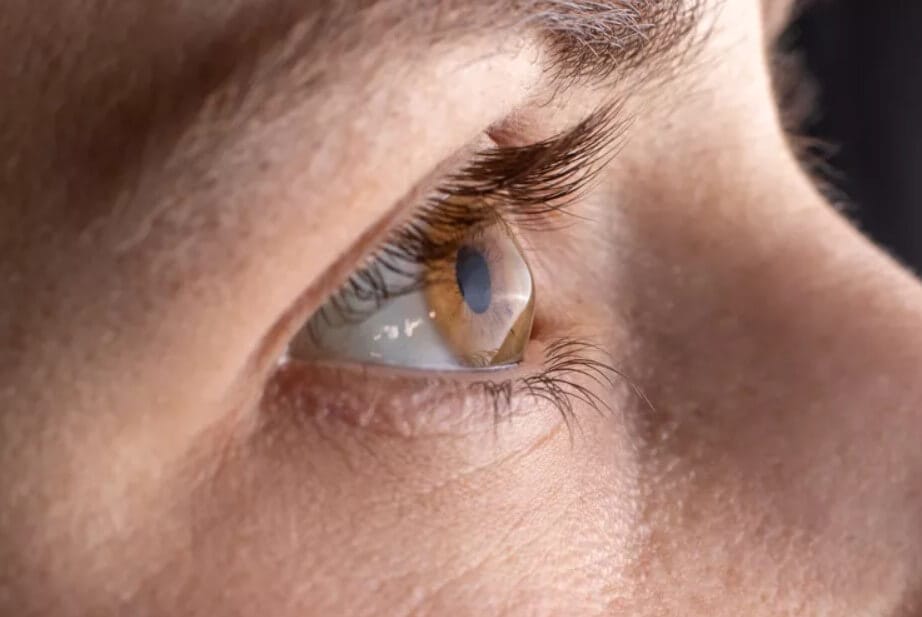Treatment Options For Keratoconus Patients
Currently, there is no cure for keratoconus. However, there are several medical interventions that can help slow down or even stop the progression of keratoconus, as well as help improve your vision. We will discuss these medical interventions below.
Corneal cross-linking
One treatment option that may help slow down the progression of keratoconus is corneal cross-linking. It involves the use of riboflavin and UV light by an eye surgeon, with the goal of stiffening collagen fibres and strengthening them, and activating the cells on your eye's surface, which will straighten them in order to slow down the progression of keratoconus. Although this treatment option only slows keratoconus' progression, it does not actually improve vision.
ICRS (Intracorneal Ring Segments)
Intracorneal ring segments are another treatment option. In this procedure, plastic rings are placed into your cornea, causing the cornea to become more plateaued so it does not protrude as much. The goal is to smooth out the cone of the keratoconic eye, oftentimes leading to improved vision and reduced discomfort.
Speciality contact lenses
Various specialty contact lenses can also be used to help improve your vision and reduce discomfort. One type of contact lens is a rigid gas permeable lens, which is a hard corneal lens that will cover your eyes and help mask distortions.
In some cases hybrid lenses are used. The lenses are hard in the middle and have soft skirts around the edges to ensure that you are comfortable while wearing scleral lenses.
Scleral lenses
Scleral lenses are a great way to improve vision in patients with keratoconus. Generally speaking scleral lenses are considered the gold standard for improving both vision and comfort for patients with keratoconus. They are also specially designed hard contact lenses that use a topographical map of your cornea to design the lenses which leads to improved comfort and vision. These lenses are larger than standard hard contact lenses. They sit on the white part of the eye. As a result, it will vault over the cone and won't touch the cornea, this vaulted design creates a new lens, replacing the scarred and misshapen keratoconic lens, while also reducing discomfort that is the result from a lens coming in contact with a scarred cornea. The scleral lenses are filled with a fluid before being placed on the eye. Thus, the fluid layer can eliminate distortions that are caused by the irregular cornea. Therefore, by creating a new surface on the front part of your eye, the goal is to improve your vision.
Piggyback lenses
Piggyback lenses are another option for treatment. They work in the same way as rigid gas permeable lenses. The purpose of these lenses is to improve your comfort while wearing them. A soft contact lens may be placed first, and a hard contact lens may then be placed over it to make them more comfortable.
Keratoplasty (corneal transplant)
Severe cases of keratoconus and end stage cases may require keratoplasty, which is a corneal transplant. It is, however, more of a last resort.
Soft toric contact lenses
These lenses are specially designed for patients with early stages of keratoconus, however they generally are not considered a good solution for someone who has corneal irregularities that are impacting their vision and comfort.
















